We are living in a globalized world. Designs are launched across the globe simultaneously. The same design is worn by people across the globe. Design diversity is coming to an end. Everyone looks the same. They wear the same kind of clothes and eat the same kind of food, at least fast food. Every city looks familiar. The same brands are spread across the globe. We can no longer see the ' new things ' in the cities that we visit. Museums and palaces from the past remind us of our cultural and ethnic diversity. The modes of transport look the same. One may get bored while moving from one place to the other. Travel may lose its charm.
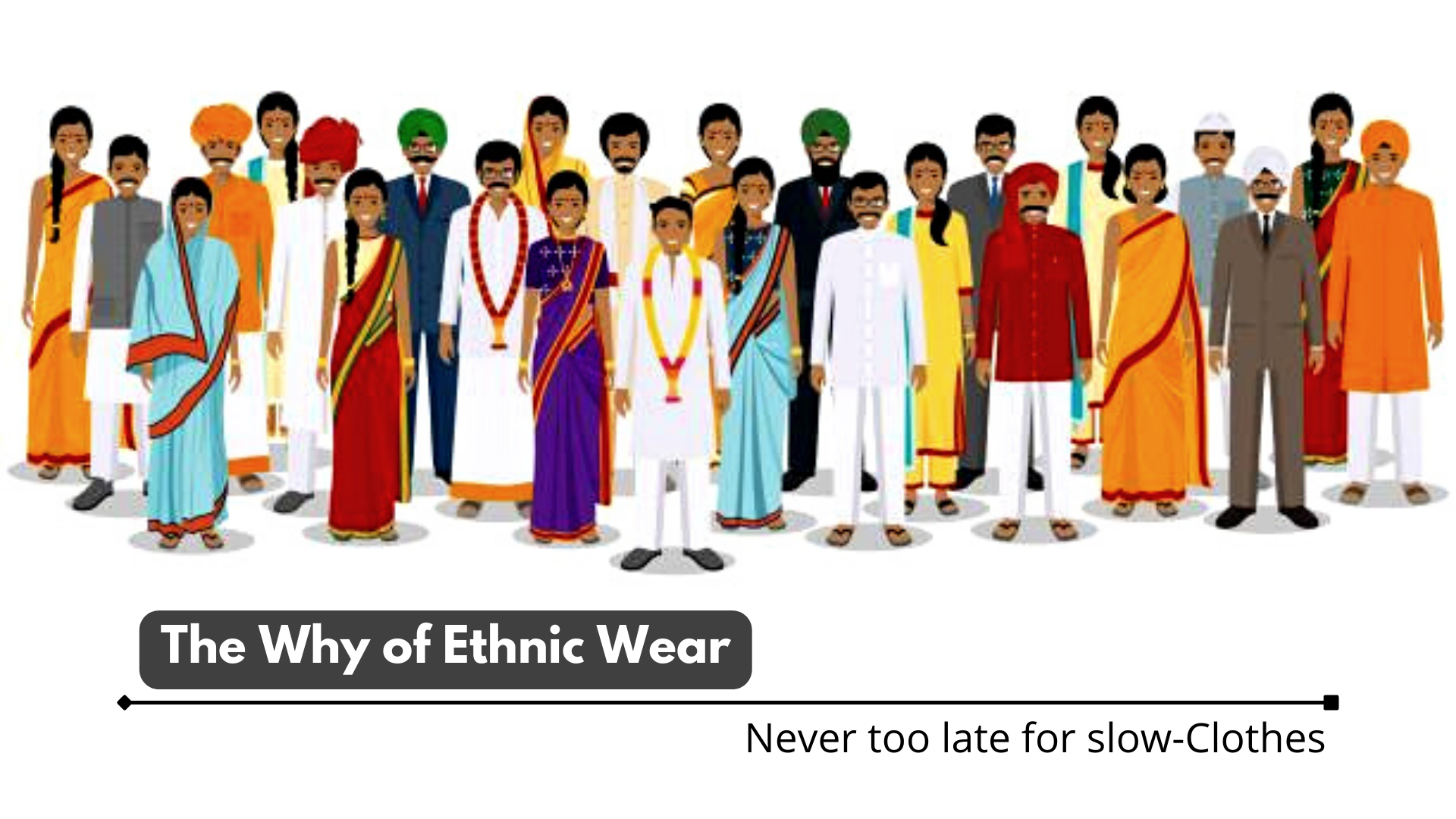
Not too long ago, people looked different from each other. They used to dress up in their own way. One could see this every day and more so during the times of travel. Ethic wear was the basis of this diversity. The people of Bengal wore their own attire, and it was different from the clothes worn by the people of Punjab. It was refreshing to see new types of clothes during the course of travel. There was a time when a few weavers and merchants from Coimbatore supplied nearly 400 types of head gears. A big fortune was made due to the same. Indians were known for the weaves and saree wearing styles. There existed about 100 plus ways of wearing the saree. Every district had its own weave.
The industrial revolution destroyed these styles and weaves. Technology became a great leveler. People acquired new skills but lost many of the old skills. The skills lost exceeded the ones that people gained. Technology made life easy, but destroyed the ecology of the planet. Man has been forced to go back to nature. Concepts like Slow-food are gaining currency. Similarly, Slow-clothes may also happen. This will become a means to conserve energy. We are burning everything available. Man has become the most dangerous creature. He is destroying the gift of nature.
Ethic wear will be a great thought for the people belonging to the third millennium. It will make us use fewer resources for clothing ourselves. Most of the clothes used by our ancestors were made out of material that was available nearby. It was easily available and cost effective too. This made production and shopping eco friendly. Ethnic wear had evolved over time and it was exclusive to its own geography. Requirement dictated fashion. Functional aesthetics overtook everything else. Man is known to coin terms for each idea or concept. He may call this ' Slow-clothes '.
By adapting to ethic wear, we will not only save our environment, but we will also be supporting the local weavers and merchants. Ancient techniques will survive for a longer time. Plus, we will be saving ourselves from monotony. The circular economy will be healthier. Local support systems will become stronger. Locally available cotton, locally available handlooms, locally available weavers and locally available clients will ensure the success of this idea. Well, it does mean that one should be inward looking or shun the products and services offered by others. Using too much stuff outside is like having hotel food every day. Using local stuff regularly and getting outside stuff once in a way would be like eating out or partying once a week.
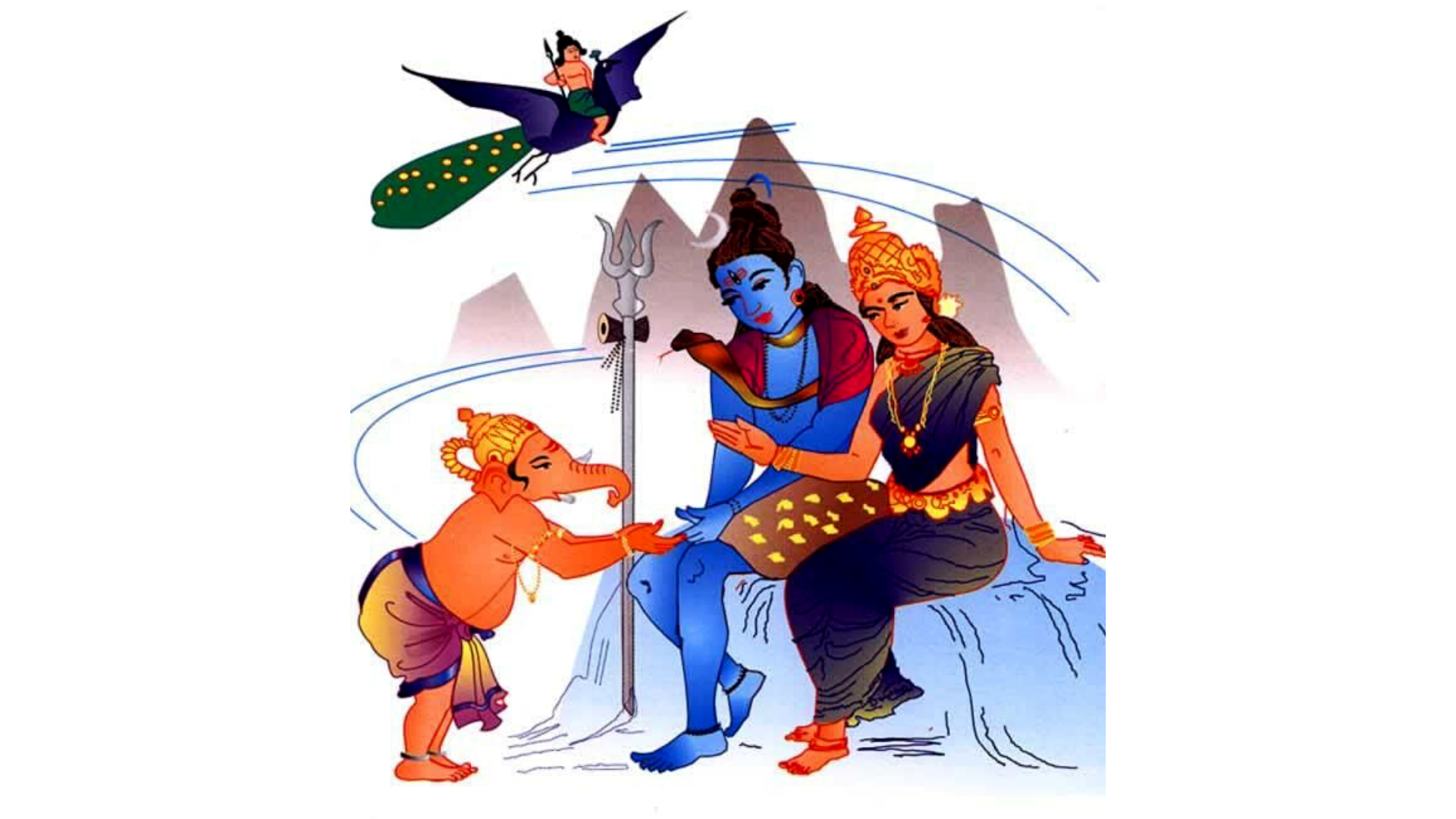
Did not Lord Ganesha go around his parents and win the race? His younger brother, Lord Karthikeya, went around the world, but his elder brother did the opposite. The winner was Lord Ganesha, and he was known as the obstacle remover. Obstacles arise due to our own mistakes, haste, and desire. Lord Ganesha understood that taking care of our own front and regarding our own people will bring in victory backed by contentment. The wisdom of Lord Ganesha can be used by us. Let us try to promote Ethic wear. It will help us to conserve energy on Planet Earth.
Ethnic wear will not only help us save our environment but it will make us save our skills, cultural diversity and our ancient heritage. Let us promote Ethnic wear. It is like promoting Slow-food.
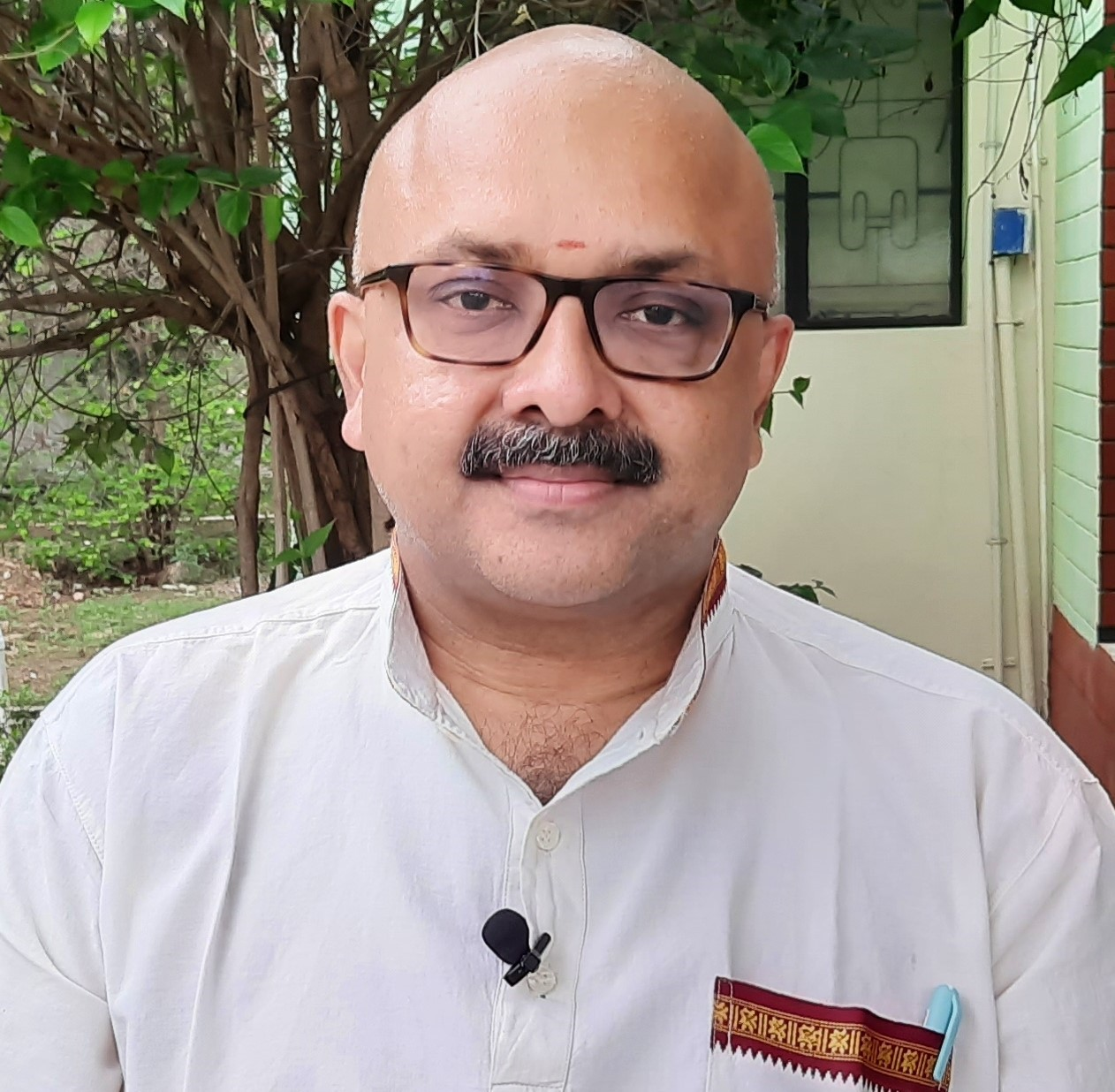 Mr. Rajesh Govindarajulu is one of the founding members of the Verandah Club Pvt. Ltd. He is a leading columnist, historian, jeweler, entrepreneur, and a heritage enthusiast who is earnestly working to revive the past in the light of the present. Experiential learning about the history of Coimbatore is his main course of interest and he is also a panel member of many colleges in the city.
Mr. Rajesh Govindarajulu is one of the founding members of the Verandah Club Pvt. Ltd. He is a leading columnist, historian, jeweler, entrepreneur, and a heritage enthusiast who is earnestly working to revive the past in the light of the present. Experiential learning about the history of Coimbatore is his main course of interest and he is also a panel member of many colleges in the city.
NEXT ARTICLE
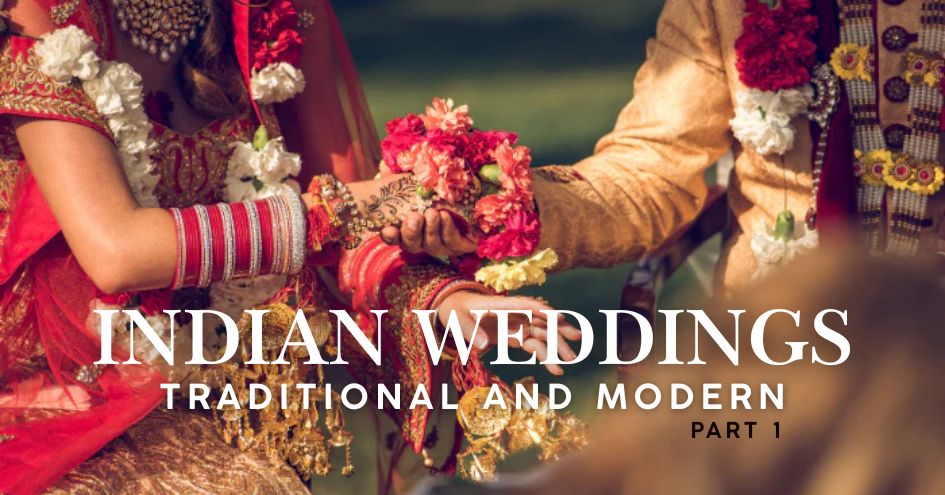
Over the past couple of years, I have had the opportunity to attend several family weddings, both in India and the United States. The experience has b...
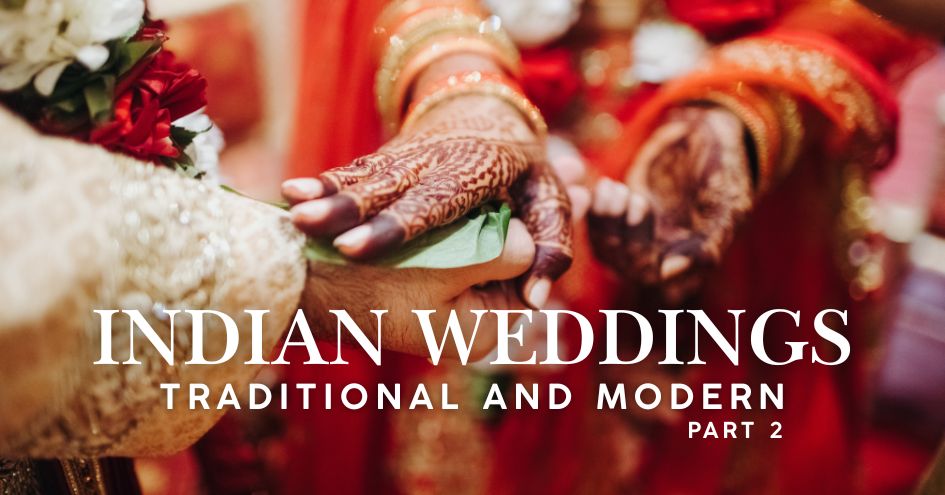
Let's take a moment to revisit the meaning of the term “Vivāha”. At its core, it represents the idea of sharing a burden and carrying the weight of li...
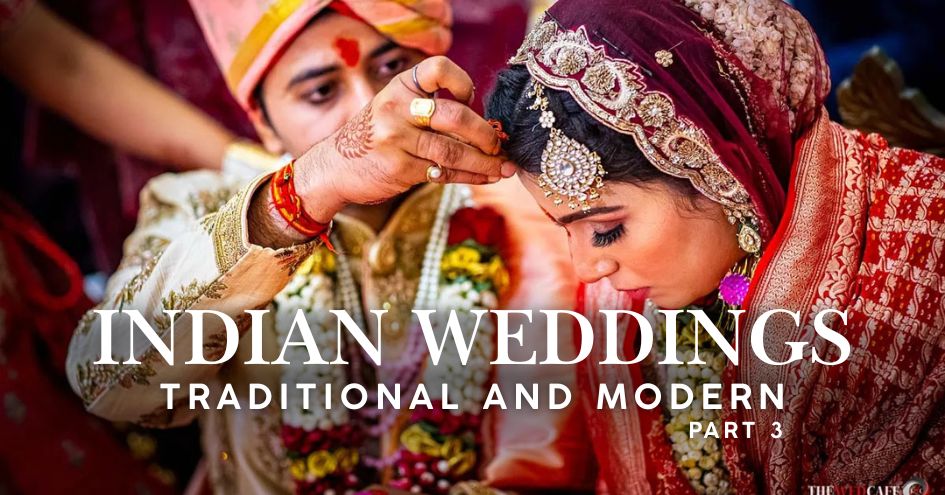
After reviewing the different kinds of weddings, we see why ancient texts felt the need to clearly distinguish between forms that upheld social order...